Preparation of Tungsten Disulfide by Sol-Gel Method
- Details
- Category: Tungsten Information
- Published on Monday, 10 March 2025 20:52
- Written by Xiaoting
- Hits: 240
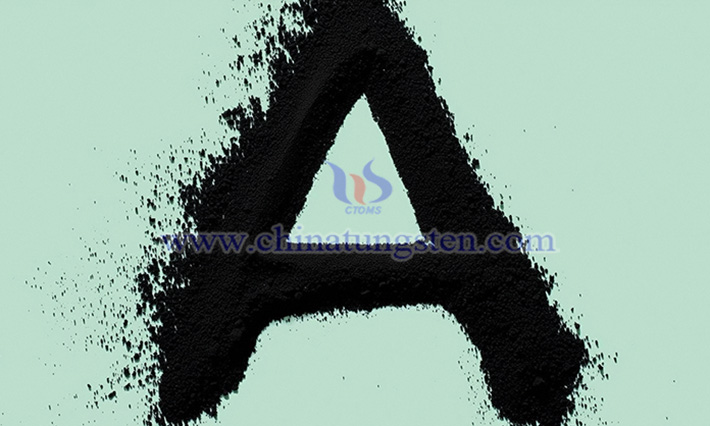
The sol-gel method is a classic approach for preparing nanomaterials through solution-based chemical reactions. It is valued for its ability to achieve molecular-level uniform mixing and control the microstructure and morphology of the resulting products, offering unique advantages in the synthesis of tungsten disulfide (WS₂) nanomaterials.
Read more: Preparation of Tungsten Disulfide by Sol-Gel Method
Preparation of Tungsten Disulfide by Hydrothermal Method
- Details
- Category: Tungsten Information
- Published on Monday, 10 March 2025 20:48
- Written by Xiaoting
- Hits: 268
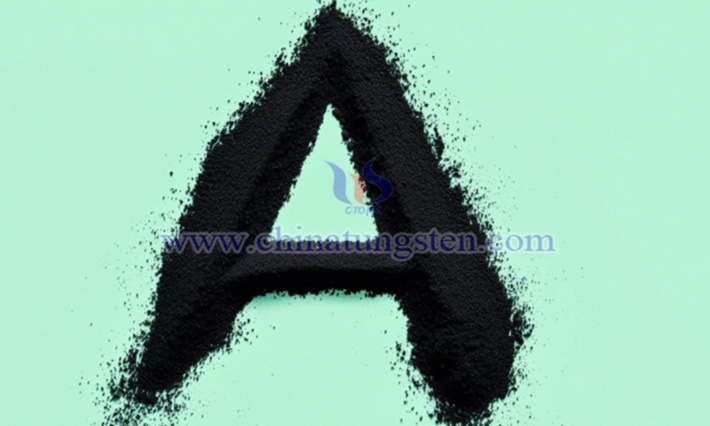
The hydrothermal method is a commonly used technique for synthesizing tungsten disulfide (WS₂) nanomaterials. Due to its simplicity, low cost, and ability to effectively control the morphology and size of the resulting products, it has gained widespread application in the field of materials science in recent years.
Read more: Preparation of Tungsten Disulfide by Hydrothermal Method
Applications of Cutting-Resistant Tungsten Wire in the Semiconductor Field
- Details
- Category: Tungsten Information
- Published on Monday, 10 March 2025 19:29
- Written by Zhenghua
- Hits: 269
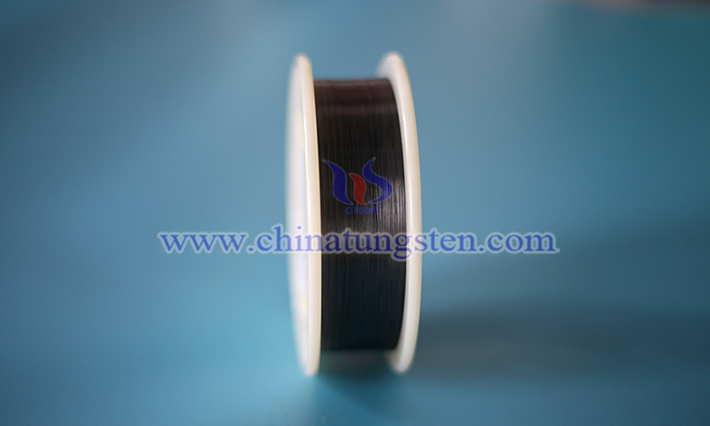
The applications of cutting-resistant tungsten wire in the semiconductor field primarily benefit from its high strength, wear resistance, fineness, and excellent performance in precision machining. Its uses are mainly concentrated in areas such as wafer preparation, precision machining, and packaging testing.
Read more: Applications of Cutting-Resistant Tungsten Wire in the Semiconductor Field
Tungsten Oxide: Lighting up the Innovation of Optoelectronic Devices
- Details
- Category: Tungsten Information
- Published on Monday, 10 March 2025 19:33
- Written by Xiaoting
- Hits: 242
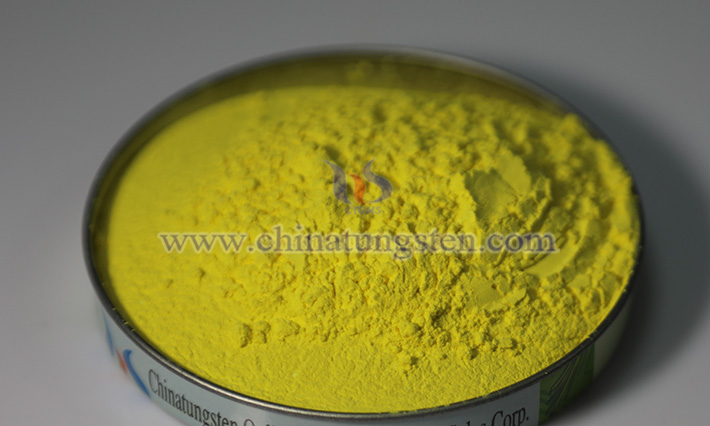
In today's era of rapid technological development, optoelectronic devices, as a crucial component of modern information technology, are continuously driving innovative changes in fields such as communication, display, and sensing. Among numerous materials used in optoelectronic devices, tungsten oxide has gradually emerged as a "new favorite" in the eyes of researchers and engineers due to its unique physical and chemical properties.
Read more: Tungsten Oxide: Lighting up the Innovation of Optoelectronic Devices
Applications of Cutting-Resistant Tungsten Wire in the Medical Field
- Details
- Category: Tungsten Information
- Published on Monday, 10 March 2025 19:26
- Written by Zhenghua
- Hits: 250
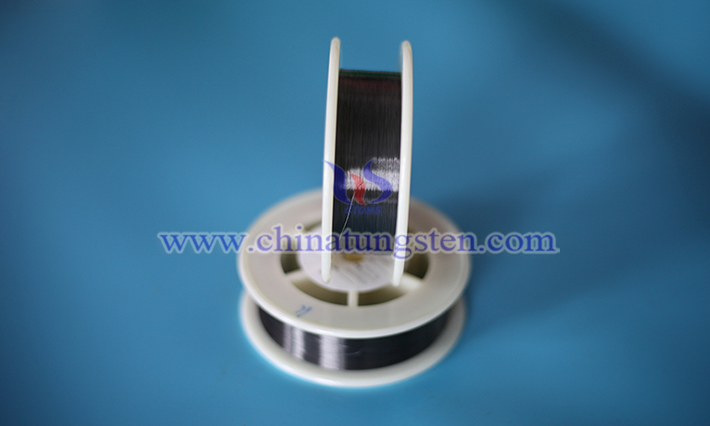
The applications of cutting-resistant tungsten wire in the medical field primarily stem from its high strength, corrosion resistance, biocompatibility, and excellent performance in precision machining. Below are some specific applications in the medical domain:
Read more: Applications of Cutting-Resistant Tungsten Wire in the Medical Field





 sales@chinatungsten.com
sales@chinatungsten.com